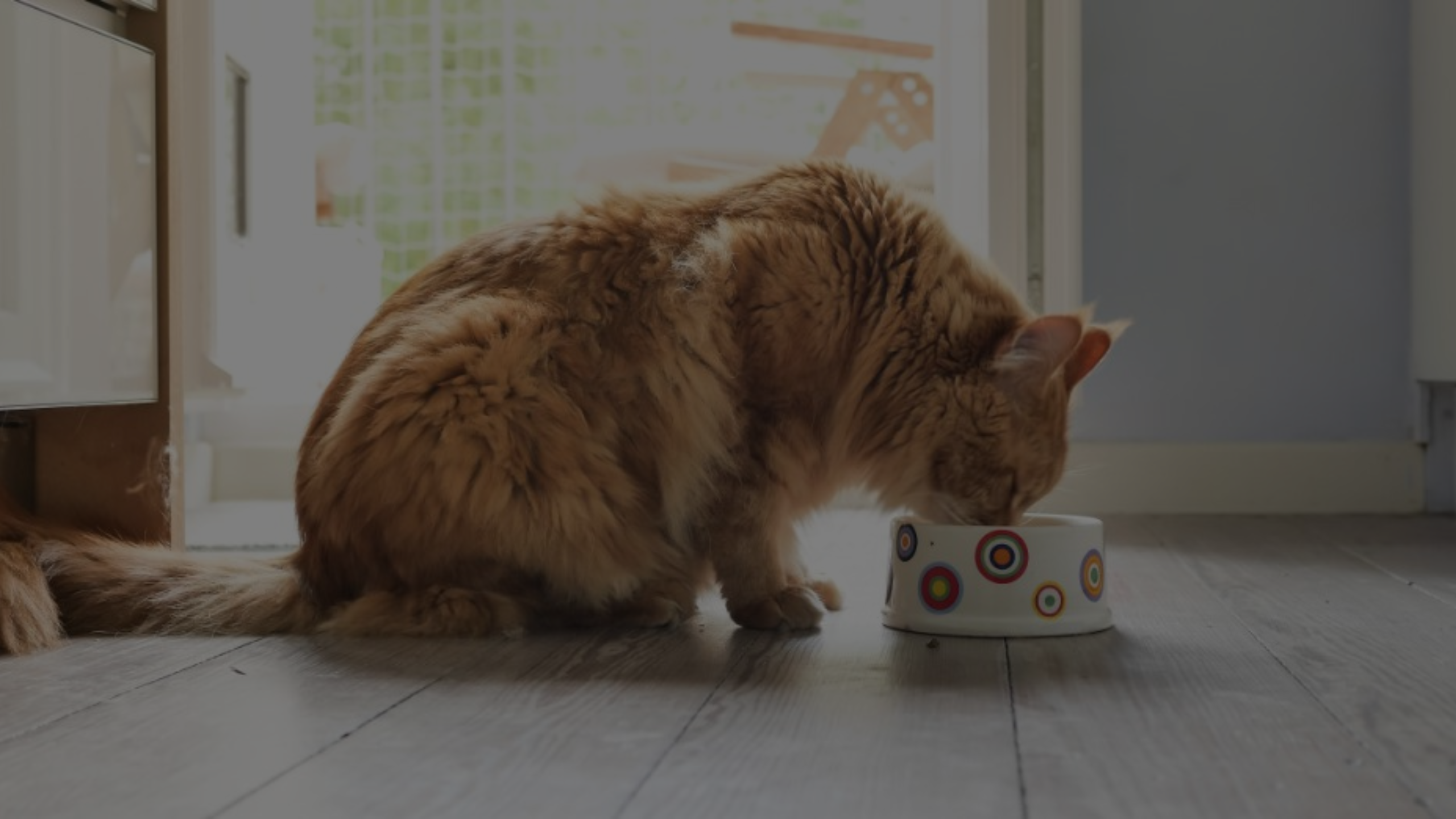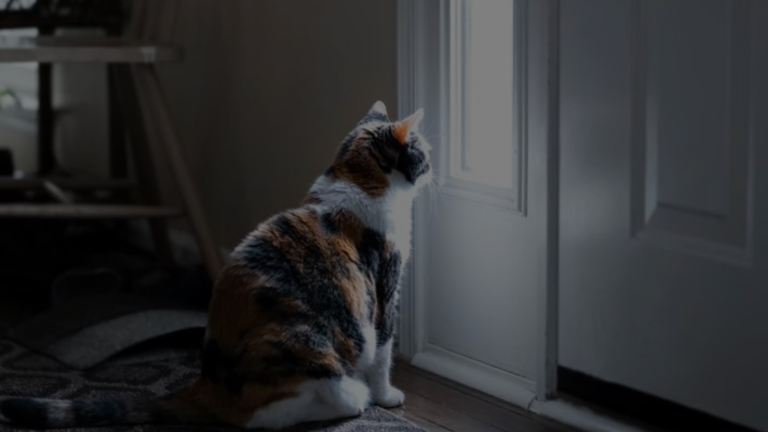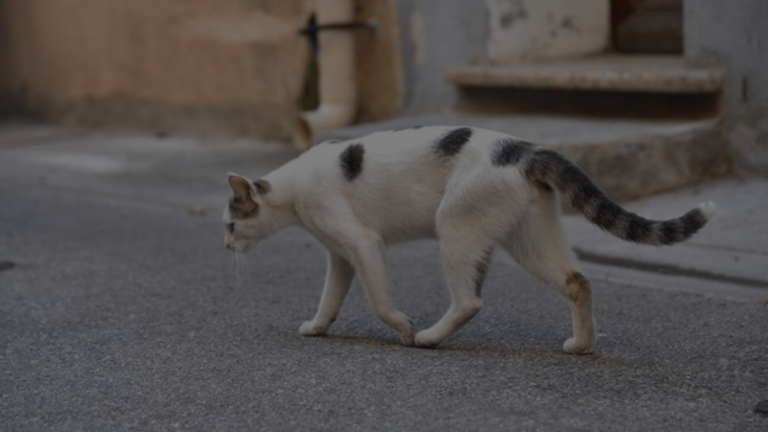Cats are known for their selective eating habits. It’s not uncommon for cat owners to become concerned when they notice their cat only eating 100 calories a day. In this comprehensive guide, we will delve into the reasons behind this calorie restriction and provide you with valuable insights on how to ensure your cat receives the right nutrition.

Why Is My Cat Eating So Little?

Illness or Discomfort
Is your cat feeling okay?
Cats often eat less when they are sick. If your cat’s caloric intake has drastically decreased, it may be due to an underlying health problem. Common problems include toothaches, gastrointestinal problems, or even stress.
What to do: Consult your veterinarian immediately if you suspect your cat is unwell. They can diagnose the issue and recommend a suitable treatment plan.
Change in Diet
Have you switched your cat’s food recently?
Cats can be finicky about their food, and a sudden change in their diet can lead to decreased appetite. Transitioning to a new brand or flavor may take some time for your cat to adjust.
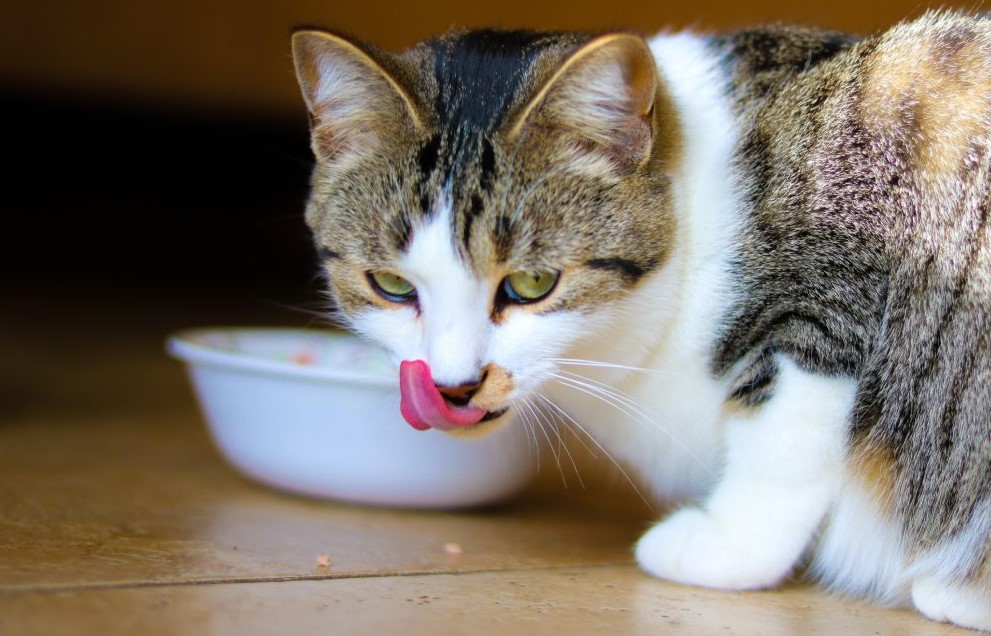
What to do: Gradually introduce the new food alongside the old one, allowing your cat to get used to the change. This can help prevent a sharp decline in calorie intake.
Stress and Anxiety
Is your cat stressed?
Stress and anxiety can significantly impact a cat’s appetite. Changes in the environment, the introduction of new pets, or even a change in your schedule can lead to stress in cats.
What to do: Create a safe and calm environment for your cat. Provide them with a consistent routine and plenty of mental stimulation. In severe cases, consult your veterinarian for advice on managing stress.
Obesity
Is your cat overweight?
Ironically, obese cats may eat less because they already have excess fat stores. Their bodies might be attempting to regulate their calorie intake.
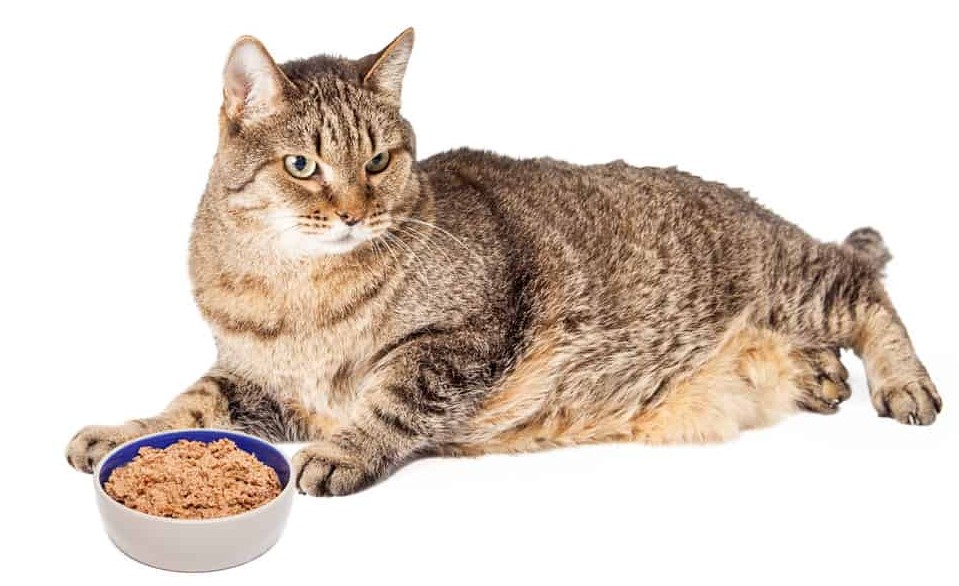
What to do: Consult your vet for a weight management plan. They can recommend a balanced diet and exercise routine to help your cat reach a healthier weight.
Age-Related Changes
Is your cat getting older?
As cats age, their metabolism may slow down, leading to reduced calorie requirements. Elderly cats may naturally eat less.
What to do: Adjust your cat’s diet to suit their age and activity level. Senior cat foods are specially formulated to meet the needs of older felines.
Ensuring Your Cat’s Nutritional Needs

Consult Your Veterinarian
If you’re concerned about your cat’s calorie intake, it’s essential to consult your veterinarian. They can conduct a thorough examination and recommend a tailored nutrition plan.
High-Quality Cat Food
Choosing a high-quality cat food brand can make a significant difference in your cat’s overall health. Look for options that meet your cat’s age and dietary requirements.
Consistent Feeding Schedule
Cats thrive on routine, so try to feed them at the same times each day. Avoid free-feeding, as this can make it challenging to monitor their calorie intake.

Portion Control
Use a measuring cup to ensure you’re providing the correct portion size. Avoid overfeeding, as this can lead to obesity.
Fresh Water
Always provide fresh, clean water for your cat. Proper hydration is crucial for their overall health.
Treats in Moderation
While treats can be a fun way to bond with your cat, they should be given in moderation. Excessive treats can disrupt your cat’s balanced diet.
Additional Resources & References
For more information on cat nutrition and related topics, consider exploring these valuable resources:
Additionally, you can refer to the following articles for further reading:
- Can Cats Have Crab: Risks and Benefits for Your Cat – Explore the potential risks and benefits of feeding crab to your feline friend.
- Can Cats Drink Dog Milk? A Comprehensive Guide – Learn about the suitability of dog milk for cats and its potential effects.
Recommended YouTube Video
To further enhance your understanding of cat nutrition, we recommend watching the YouTube video titled:
How Many Times Should I Feed My Cat Per Day? | CAT NUTRITION GUIDE
This video provides valuable insights into the ideal feeding frequency for your cat and offers practical tips for maintaining their nutritional needs. Embedding this video in our article can enrich your learning experience.
Finally, understanding your cat’s low-calorie intake is important to their overall health and well-being. By identifying the causes of their loss of appetite and implementing the tips in this guide, you can ensure that your feline companion gets the nutrition they need. Remember, it is very important to consult your veterinarian when dealing with any significant dietary changes or health concerns.
FAQs – Cat Only Eating 100 Calories a Day
Is 100 calories enough for a cat?
No, 100 calories is not enough for a cat. The average adult cat needs about 150-240 calories per day.
Can a cat survive on 100 calories a day?
A cat may be able to survive on 100 calories a day for a short period, but it is not healthy and will eventually lead to malnutrition and other health problems.
What will happen if I only eat 100 calories a day?
If you only eat 100 calories a day, you will quickly lose weight and experience several health problems, including fatigue, weakness, dizziness, and hair loss. It is important to eat a balanced diet that provides you with all of the nutrients you need.
How many calories is too little for a cat?
Any amount of calories less than 150 per day is too little for a cat.
Why is my cat not eating enough calories?
There are several reasons why a cat may not be eating enough calories, including illness, stress, dental problems, and food allergies.
How many calories does a 10 lb indoor cat need?
A 10 lb indoor cat needs about 280 calories per day.
How many calories does a cat need to survive?
The minimum number of calories a cat needs to survive is about 20 calories per pound of body weight per day.
Is 140 calories enough for a cat?
140 calories is not enough for a cat. The average adult cat needs about 150-240 calories per day.

